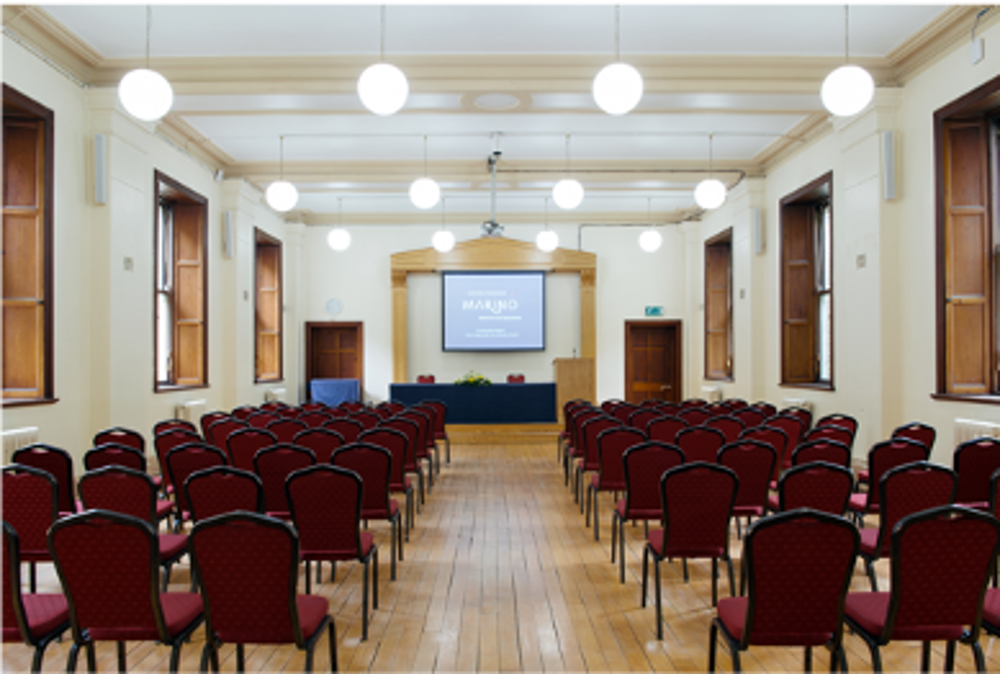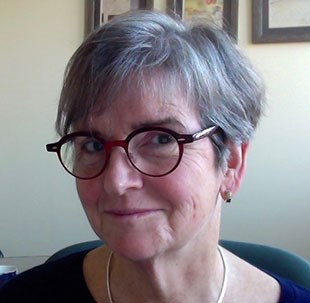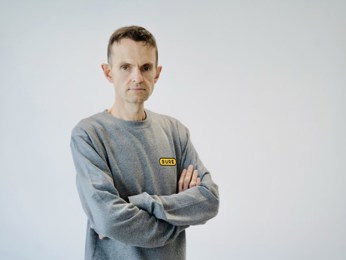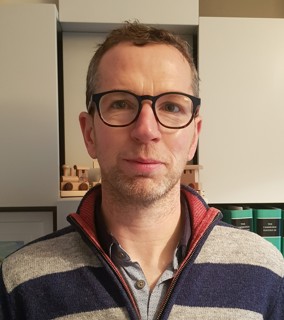PROGRAMME
DRAFT PROGRAMME

Please see link below for provisional programme
https://www.conftool.com/ateedublin2022/sessions.php
Please note that the programme is provisional and it might be subject to change.

Suzanne Wilson Neag Endowed Professor of Teacher Education
Dr. Suzanne M. Wilson is a Neag Endowed Professor of Teacher Education at the University of Connecticut where she currently serves as Professor in the Department of Curriculum and Instruction. Wilson also served as the first director of the Teacher Assessment Project (PI, Lee Shulman), which developed prototype assessments for the National Board for Professional Teaching Standards. More about Suzanne here.
Democracy and Teacher Education Under Siege

Neil Selwyn Professor, School of Education Culture and Society, Faculty of Education
Neil's research focuses on the place of digital media in everyday life, and the sociology of technology (non) use in educational settings. He's written on issues including digital exclusion, education technology policymaking and the student experience of technology-based learning. Neil is a member of Education Futures, an innovative 'think tank' that undertakes cutting edge translational research, conducts roundtables, forums and other events for educators and policy makers, and regularly publishes ‘thought leadership’ pieces in current and future priority areas of educational practice.
More about Neil here. Blog: Neil Selwyn is a distinguished professor in the Faculty of Education, Monash University (Melbourne). Recent books include: ‘Education and technology: key issues and debates’ (Bloomsbury, 2022) and ‘Should robots replace teachers?’ (Polity, 2019). Twitter: @neil_selwyn
Education in uncertain times…the benefits of foresight and hindsight
As ATEE members will be well aware, teacher education and teaching currently face heightened levels of uncertainty and disruption. Yet, as our conference theme implies, this is not the first (nor the last) time that education seems in a state of flux and impending crisis. In this presentation, Neil Selwyn considers how the conference might engage with ideas of ‘foresight and hindsight’ in ways that can help make sense of where we might like education to be progressing next.
In particular, Neil takes some of the key questions being addressed at the conference, and considers what can be learnt both from the history of education and the emerging area of 'futures studies'. For example, with the benefit of hindsight what does it mean to anticipate the end of the professionally-trained expert teacher? Alternately, with the benefit of foresight, what does it mean to anticipate inclusive and equitable quality education for all?
These examples demonstrate the benefits of reframing our current educational concerns through the lenses of foresight and hindsight – offering a sense of clarity, criticality and collective consciousness that can otherwise easily be lost amidst the minutiae of our day-to-day work. These examples also highlight the need for education communities to be more proactive in telling their own histories, as well as becoming more engaged in beginning to collectively and critically anticipate their possible futures.
The presentation concludes with a call to develop spaces within teacher education and educational studies where we can continue looking to the past and to the future in order to make the best of our present situation.

Teacher Education in Ireland: Chequered Past, Contested Present, Creative Possibilities

